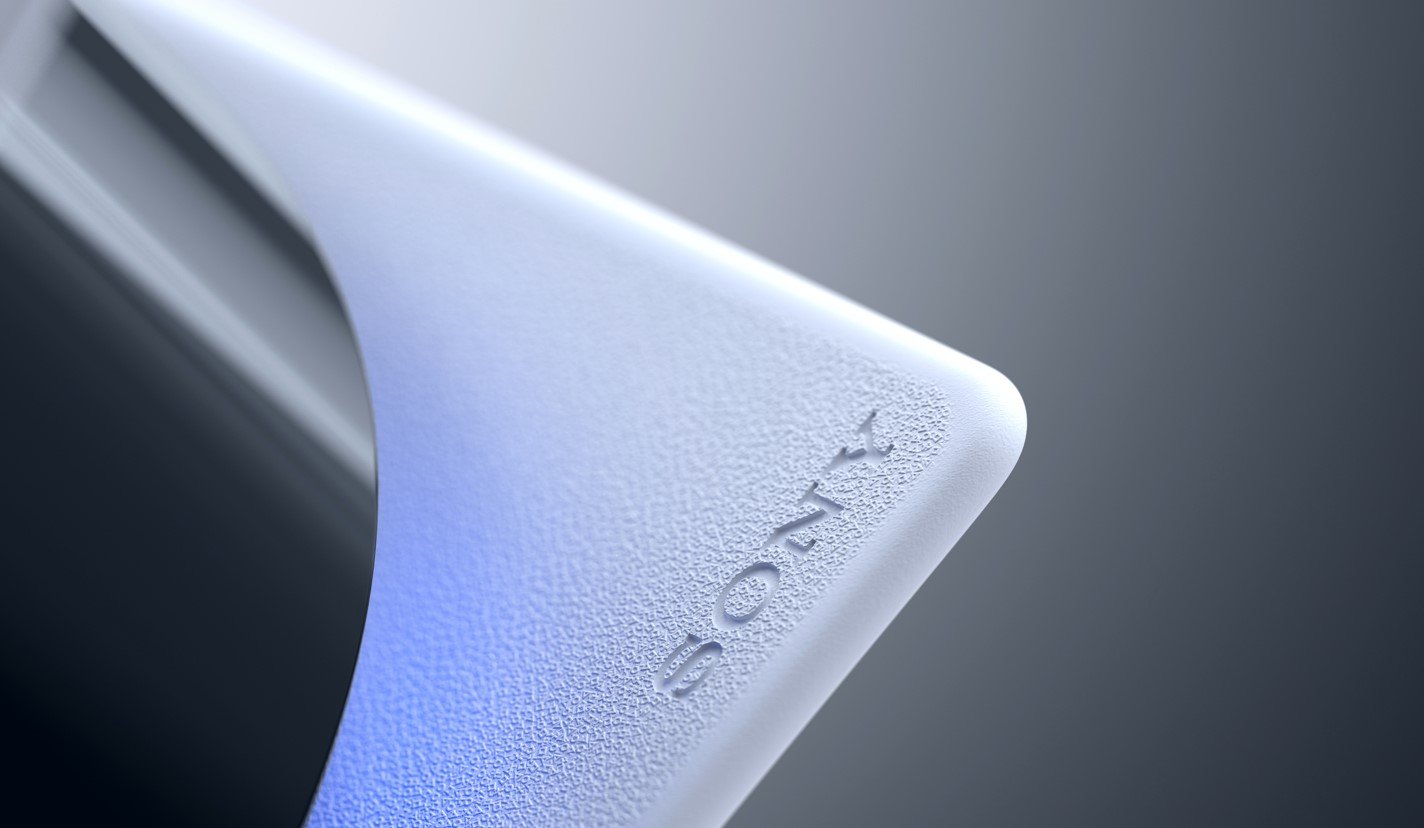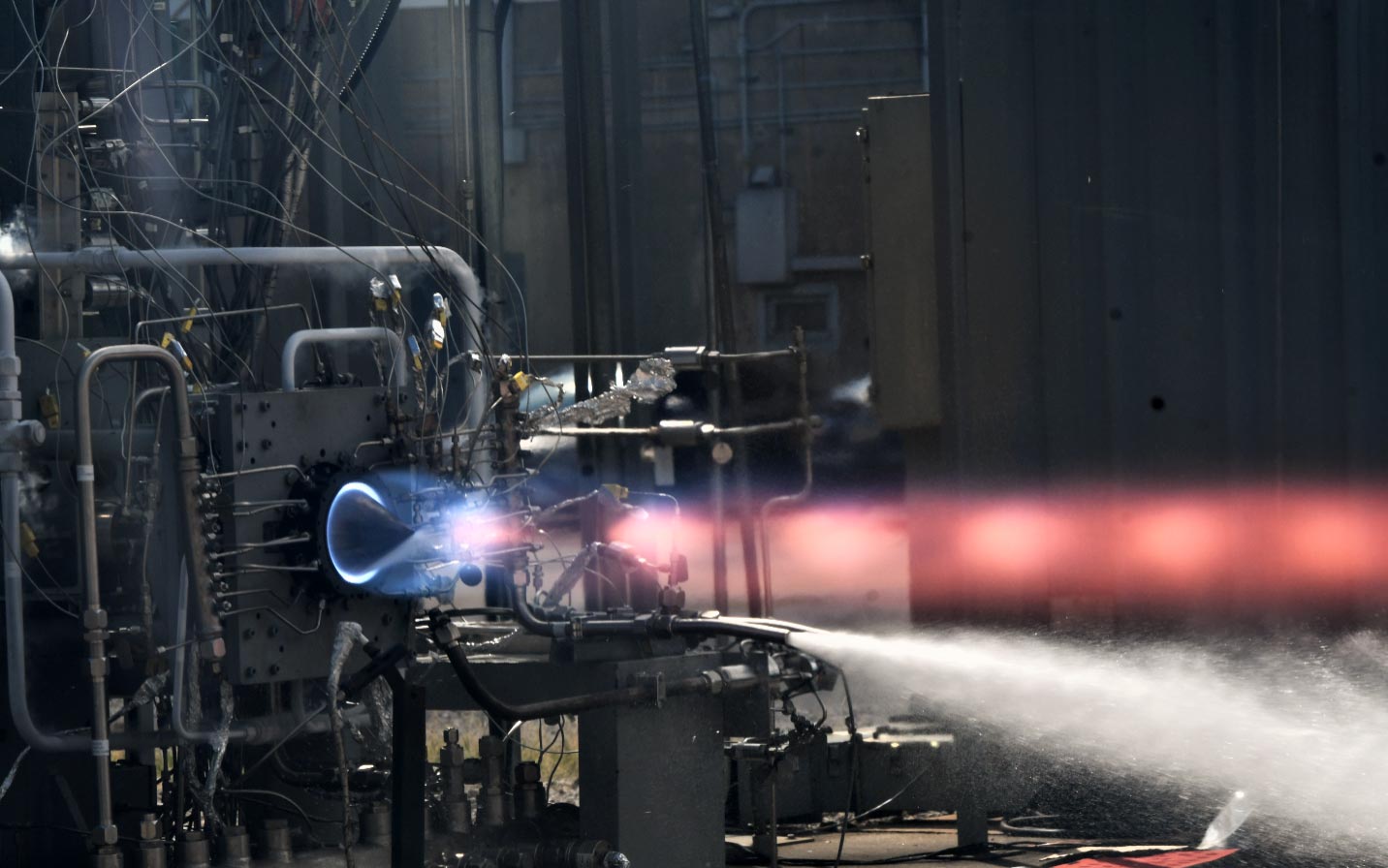
محرك الصواريخ المتفجرة الدوارة أو اختبار النار الساخن RDRE في مركز مارشال لرحلات الفضاء. الائتمان: ناسا
مثل[{” attribute=””>NASA takes its first steps toward establishing a long-term presence on the Moon’s surface, a team of propulsion development engineers at NASA have developed and tested NASA’s first full-scale rotating detonation rocket engine, or RDRE, an advanced rocket engine design that could significantly change how future propulsion systems are built.
The RDRE differs from a traditional rocket engine by generating thrust using a supersonic combustion phenomenon known as a detonation. This design produces more power while using less fuel than today’s propulsion systems and has the potential to power both human landers and interplanetary vehicles to deep space destinations, such as the Moon and Mars.
https://www.youtube.com/watch؟v=3MmmaUAtJu8
المهندسين مركز مارشال لرحلات الفضاء التابع لناسا في هانتسفيل ، ألاباما والمتعاون الرئيسي IN Space LLC ، الموجود في West Lafayette ، إنديانا ، يؤكدان البيانات من اختبارات RDRE للحرائق الساخنة التي أجريت في عام 2022 في منطقة اختبار مارشال الشرقية. أطلق المحرك عشرات المرات ، لما يقرب من 10 دقائق.
حققت RDRE هدف الاختبار الأساسي من خلال إثبات أن أجهزتها – المصنعة من تصنيع المواد المضافة الجديدة ، أو الطباعة ثلاثية الأبعاد والتصاميم والعمليات – يمكن أن تعمل لفترات طويلة من الوقت مع تحمل الحرارة الشديدة وبيئات الإجهاد الناتجة عن الانفجارات. عند التشغيل بكامل الخانق ، أنتج RDRE ما يقرب من 4000 رطل من الدفع في الدقيقة بمتوسط ضغط للغرفة يبلغ 622 رطلاً لكل بوصة مربعة ، وهو أعلى معدل ضغط لهذا التصميم على الإطلاق.

محرك الصواريخ المتفجرة الدوارة أو اختبار النار الساخن RDRE في مركز مارشال لرحلات الفضاء. الائتمان: ناسا
يتضمن RDRE النحاس الذي طورته وكالة ناسا.[{” attribute=””>alloy GRCop-42 with the powder bed fusion additive manufacturing process, allowing the engine to operate under extreme conditions for longer durations without overheating.
Additional milestones achieved during the test include the successful performance of both deep throttling and internal ignition. This successful demonstration brings the technology closer to being used with future flight vehicles, enabling NASA and commercial space to move more payload and mass to deep space destinations, an essential component to making space exploration more sustainable. Because of NASA’s recent success with the RDRE, follow-on work is being conducted by NASA engineers to develop a fully reusable 10,000-pound class RDRE to identify performance benefits over traditional liquid rocket engines.

Thrust propulsion testing and characterization of the University of Central Florida rotating detonation rocket engine is shown in this photo. NASA provided funding for a UCF project focused on rotating detonation rocket engines, which use high-energy explosions to produce more energy with less fuel, improving engine efficiency and cutting down space travel costs and emissions. Credit: UCF
RDRE is managed and funded by the Game Changing Development Program in NASA’s Space Technology Mission Directorate.

“متعصب التلفزيون. مدمن الويب. مبشر السفر. رجل أعمال متمني. مستكشف هواة. كاتب.”







More Stories
خريطة جديدة للمريخ تكشف عن “هياكل” مخفية تحت سطح المريخ
زوج من نفاثات البلازما الضخمة تندلع من ثقب أسود هائل | الثقوب السوداء
الأسمنت المستوحى من عظام الإنسان أصعب بخمس مرات من الخرسانة العادية